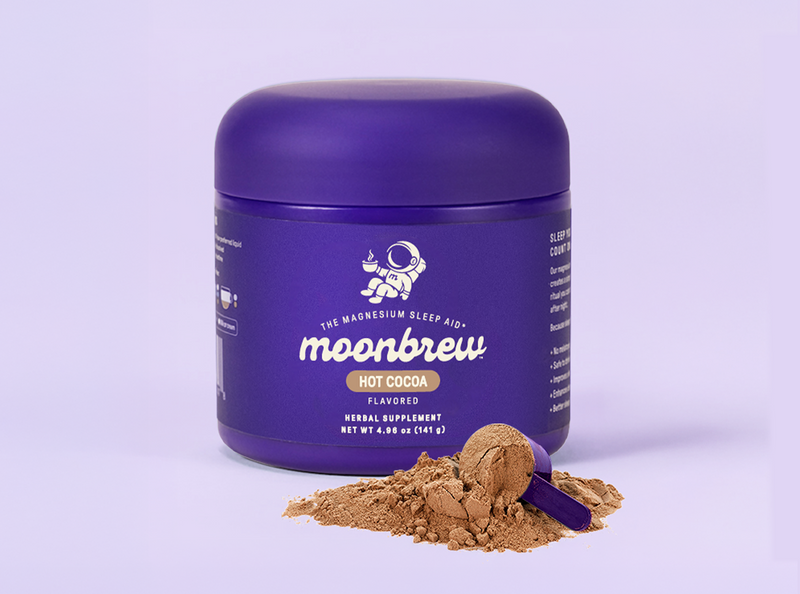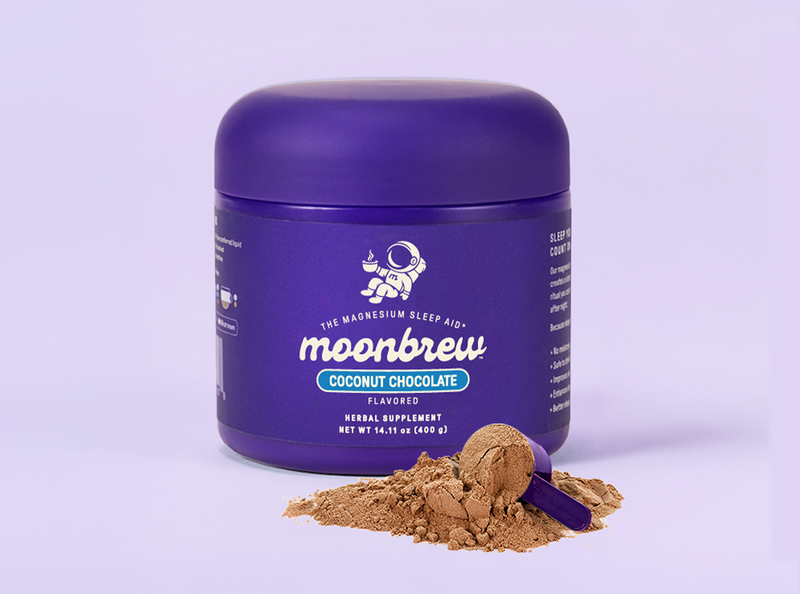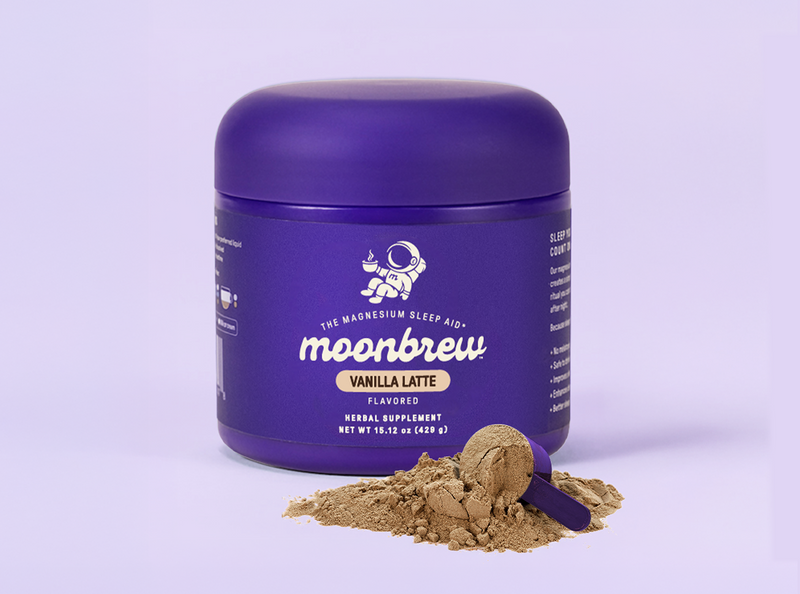Do you often sacrifice sleep for work, social events, or screen time? If so, March is the perfect time to reset your routine. Why? Because it’s National Sleep Month!
The National Sleep Foundation designated March as National Sleep Month to raise awareness of the importance of rest. It began as National Sleep Day on the March Equinox of 2008, later evolving into National Sleep Week. Given the significance of sleep, the event expanded into an entire month of education and advocacy.
March is an ideal time to focus on sleep because it coincides with Daylight Saving Time, a shift that impacts our circadian rhythm. National Sleep Month reminds us to prioritize rest and make lifestyle changes for better sleep quality.
Why Is Sleep Important?
A good night’s sleep makes us look better and feel better, but it goes so much deeper than that. Consistently neglecting sleep can lead to serious health issues, including:
- Weakened Immune System: Immune function and sleep are closely linked. Sleep helps the body produce cytokines that promote a healthy immune response and protect it from infections to reduce the risk and duration of illness. You are more susceptible to chronic diseases if you don't sleep well [1].
- Increased Risk of Heart Disease and Stroke: A lack of sleep has been identified as a risk factor for CVD (cardiovascular disease) and strokes [2]. Without proper sleep, you experience increased stress hormones, reduced immunity, and risk of obesity due to increased hunger and lack of physical activity, all of which contribute to poor heart health.
- Cognitive Impairment: Sleep supports cognitive function by improving memory, alertness, concentration, decision-making, and other brain activities. Sleep deprivation disrupts memory consolidation in the hippocampus and alters glutamatergic signaling, leading to disruptions that could be long-term with an ongoing unhealthy sleep cycle [3].
- Weight Gain and Metabolic Issues: When you don’t sleep, your body produces more ghrelin (the hunger hormone) and less leptin (the satiety hormone), so you eat more. It also makes you lethargic, so you are not as physically active [4]. The combination of lifestyle changes leads to metabolic issues and weight gain, which increases the risk of diabetes, heart disease, and other severe medical conditions.
- Mental Health Concerns: The changes a lack of sleep has on the brain also make us less resilient to stress. Even minor stressors can lead to anxiety and keep us awake at night. Sleep deprivation also elevates cortisol (the stress hormone), leading to a vicious cycle.
Tips for Better Sleep
Sleep deprivation is linked to several medical conditions, but March is the perfect month to review and improve your sleep habits. Here are some tips that will help you reach your sleep goals.
1. Maintain a Consistent Sleep Schedule
You can improve sleep by sleeping at the same time every night and waking up at the same time each morning. With a regular cycle, your body will know it's time for bed. You will begin getting tired before bedtime and fall asleep sooner.
Regular sleep schedules also prepare you to wake up without grogginess, so you're ready to face the day.
2. Create a Relaxing Bedtime Routine
Different people may have different ideas about a relaxing bedtime routine. Some may want to read a book before sleep, while others may find that meditation offers optimal relaxation.
Find activities that induce relaxation while avoiding stimulating activities. Establish a routine an hour or two before bed to ensure you are ready for sleep.
3. Optimize Your Sleep Environment
A soothing sleep environment will also help you get to sleep quickly [5]. Here are some recommended tips:
- Make Your Bed Comfortable: Make sure you feel comfortable when you get into bed. Purchase a comfy mattress, soft sheets and bedding, and an ergonomic pillow.
- Set the Temperature to a Suitable Sleep Temperature: Cooler temperatures promote better sleep. Experts recommend setting your thermostat to 65 degrees Fahrenheit for a peaceful sleep.
- Consider a Noise Machine: Noise machines drown out noises that can prevent you from falling asleep or wake you up in the middle of the night. Choose a machine that produces the noises you find most soothing.
- Use a Blackout Curtain. A blackout curtain blocks out light that can make you wakeful, which is handy for people with unusual sleep schedules.
- Incorporate Aroma Therapy: Consider diffusing scents that support a relaxing bed environment. Lavender, chamomile, and vanilla are known to reduce stress and may help you fall asleep.
4. Limit Screen Time Before Bed
Blue light from devices suppresses melatonin, making it harder to fall asleep. Avoid screens at least an hour before bed and keep electronics out of the bedroom.
5. Watch Your Diet and Caffeine Intake
Caffeine is a stimulant that can keep you awake at night. If you like drinking coffee and other caffeinated drinks, cut yourself off in the early afternoon.
Other aspects of your diet can also promote better sleep. For example, dairy, cherries, bananas, and fatty fish contain nutrients like melatonin, magnesium, and potassium, which promote relaxation. Other foods, like spicy and sugary foods, cause wakefulness. You should also avoid food that causes indigestion before bed.
6. Get Regular Exercise
Regular exercise reduces stress and causes you to exert yourself during the day, which can make you sleepy at night. However, you should avoid exercising directly before bedtime because it can stimulate you and cause wakefulness.
7. Manage Stress and Anxiety
Many of us stay awake at night because we are dealing with stress and anxiety. We can’t turn off our brains and forget what worries us during the day. While stressors don’t go away, we can manage them so they don’t bother us at night. Meditation, yoga, and deep breathing are healthy ways to manage stress.
8. Choose the Right Sleep Supplement (MoonBrew)
Looking for a natural sleep aid? MoonBrew is the magnesium sleep-aid without all of those unwanted side effects.
MoonBrew offers an indulgent magnesium nighttime beverage with soothing effects. Our products combine the power of magnesium, adaptogens, superfoods to help you fall and stay asleep.
Final Thoughts
Sleep is more important than you might think. It supports immunity, cognition, mental health, and general well-being. If you are not sleeping well at night, March is the ideal month to rethink your habits. Here’s hoping you achieve a higher level of sleep that supports your wellness goals.
Are you ready to sleep better and feel your best? Start by making small changes to your routine and prioritizing rest. Try MoonBrew’s natural sleep solutions to support relaxation and deep sleep. Shop now and wake up refreshed!
References
[1] How Sleep Effects Your Immune System [2] Lack of Sleep and Heart Health [3] How Sleep Effects Brain Health [4] Sleep and Obesity [5] How to Design the Ideal Bedroom for Sleep




